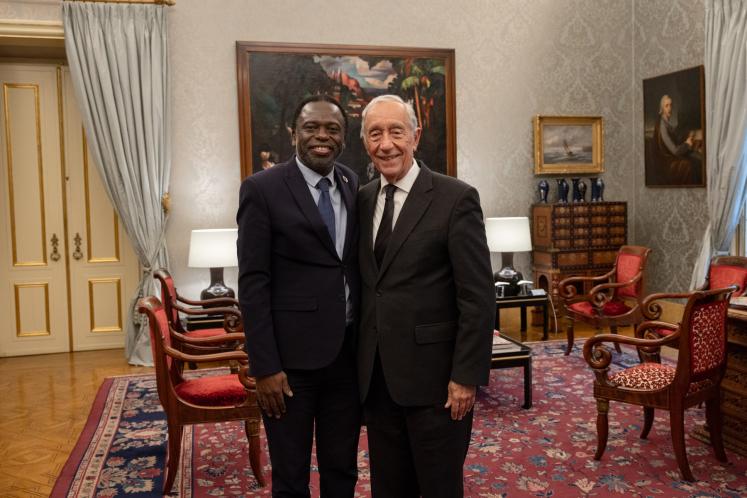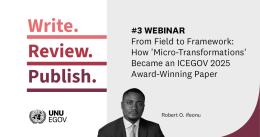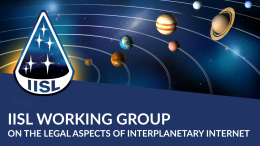On the evening of March 8th, the Palácio de Belém in Lisbon hosted a significant meeting between Tshilidzi Marwala, the United Nations Under-Secretary-General and Rector of the United Nations University (UNU), and Marcelo Rebelo de Sousa, the President of the Portuguese Republic. This meeting is not just a routine diplomatic engagement but marks a decade of the UNU’s Operational Unit in Electronic Governance (UNU-EGOV), which has been based in Guimarães since 2014.
As UNU-EGOV celebrates its 10th anniversary, Rector Marwala, accompanied by the unit’s director, Delfina Soares, aims to present a review of UNU-EGOV’s operations over the past ten years to President Marcelo Rebelo de Sousa. The focus of this review will be on the unit’s research, advisory services, and training in the field of digital governance, highlighting its role in bridging the gap between research and public policy in this domain.
UNU-EGOV is internationally recognized as a leading institution in digital governance and a robust partner within the United Nations (UN) system. It boasts a diverse and multidisciplinary team of over 30 researchers from 18 nationalities, tackling complex problems and emerging challenges in digital governance. Since its inception, UNU-EGOV has undertaken more than 60 digital governance projects across over 18 countries, collaborated with 19 international organizations, organized upwards of 90 events, and produced over 300 publications. It also annually hosts the ICEGOV Conference, which brings together a community of over 6500 authors, academics, researchers, and professionals in the field of digital governance. The ICEGOV 2024 Conference is set to take place in South Africa this coming October.
The meeting with President Marcelo Rebelo de Sousa will also serve as an opportunity to present UNU-EGOV’s strategy for sustained growth, primarily through expanding its network of collaborations both within and outside the UN system. A critical aspect of this strategy is the conclusion of negotiations with the Portuguese government to grant the Operational Unit the status of an Institute, discussions that will resume following the inauguration of the new Portuguese Government.
Rector Marwala’s last visit to Portugal was in October of the previous year, during which he engaged in a three-day schedule of various work meetings, notably including an audience at the Commission for Foreign Affairs and Portuguese Communities of the Assembly of the Republic.
The UNU-EGOV, under the leadership of Rector Marwala and Director Soares, continues to be a beacon of innovation and collaboration in the realm of digital governance, contributing significantly to the UN’s mission of fostering international cooperation and development.




